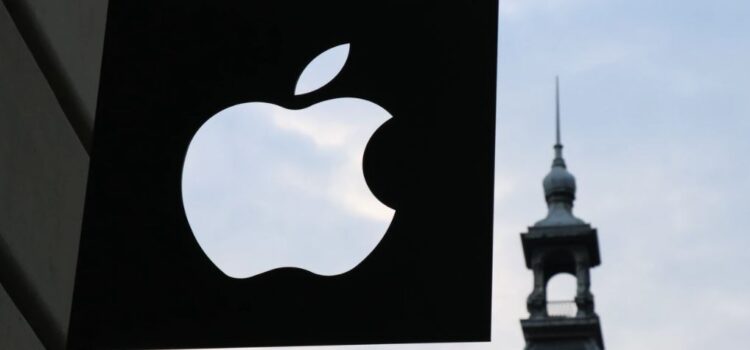

This article is an excerpt from the Shortform book guide to "Trillion Dollar Coach" by Bill Campbell. Shortform has the world's best summaries and analyses of books you should be reading.
Like this article? Sign up for a free trial here .
What did Bill Campbell do at Apple? How did it shape his career?
For Bill Campbell, Apple was a turning point in his tech career. He pivoted from that to a coaching career. Campbell even used Apple to demonstrate some of his key principles.
Read on for more about Bill Campbell and Apple.
Bill Campbell at Apple
At age 39, Campbell’s football career was over, so he took a job with the ad agency J. Walter Thompson and worked on the Kodak account. But Campbell’s tenure at Kodak was cut short because one of his football buddies introduced him to John Sculley, who had recently become CEO of Apple. Sculley invited him to come work at the exciting new computer company in Silicon Valley (this was in 1983, when very few people owned a personal computer). In less than a year, Campbell was promoted to vice-president of sales and marketing.
In 1984, Apple was about to launch the Macintosh computer, a product that would replace the Apple II, one of the original personal computers. The company bought commercial time during the Super Bowl to announce the launch, and Campbell was in charge of creating the television ad. The commercial was a clever riff of the apocalyptic George Orwell novel 1984. In it, a young woman rebels against a Big-Brother-like dictator who preaches to the people from a giant TV screen—she liberates the masses by throwing a mallet through the screen. The tagline promised that the new Apple Macintosh would ensure that 1984 wouldn’t turn out like Orwell’s novel. (It’s important to remember that at that time, personal computers were a revolutionary new product, something that had never been available to the average consumer. Most people thought of computers as giant, room-sized data crunchers that only large corporations would own.)
Apple cofounder Steve Jobs loved the ad, but Apple’s board of directors hated it. They wanted to kill it and sell their prepaid Super Bowl airtime to another advertiser. Campbell insisted they run with the ad, and it turned out to be one of the most famous commercials of all time. At 44 years old, Campbell had revolutionized the way computers were marketed and kicked off the trend of blockbuster commercials being as popular as the Super Bowl itself.
Revere the Founding Risk-Takers
The principle: Always respect and protect the founders, the people with the most vision and passion for the company.
Example: For Bill Campbell, Apple demonstrates this principle. He was around when John Sculley came in as CEO of Apple. Sculley eventually forced out Steve Jobs, the company’s founder. Many years later, Jobs returned to Apple, and he asked Campbell to help him pull the company out of bankruptcy. Campbell knew that Jobs could be a difficult man and had many limitations as a leader, but he also recognized that Jobs cared about Apple more than anyone else because he founded it.

———End of Preview———
Like what you just read? Read the rest of the world's best book summary and analysis of Bill Campbell's "Trillion Dollar Coach" at Shortform .
Here's what you'll find in our full Trillion Dollar Coach summary :
- How Bill Campbell went from football coach to tech coach
- The 4 pillars of Campbell's leadership philosophy
- How the King Arthur Round Table model for making decisions empowers employees






